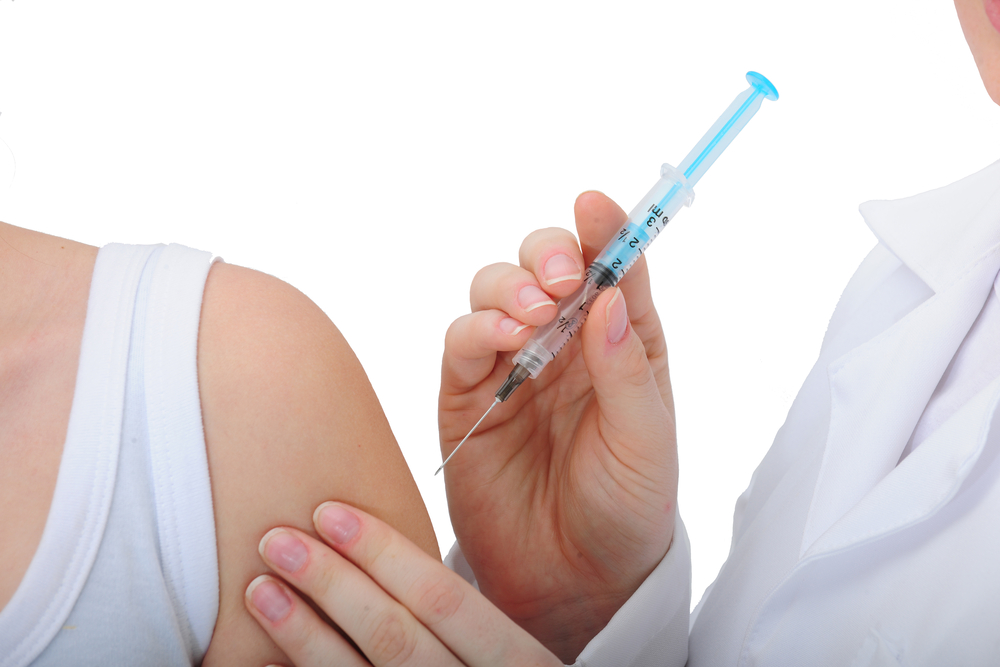
The results of two recent studies of Dartmouth University’s investigational tuberculosis (TB) vaccine, DAR-901, have expedited the vaccine’s acceptance for use in an upcoming randomized trial to determine if it can prevent the earliest stages of infection.
The inactivated vaccine is comprised of non-pathogenic bacterium that are genetically related to Mycobacterium tuberculosis, which causes the disease.
In the first preclinical study, patients were first administered BCG, the current vaccine used to prevent TB, followed by a booster immunization with either DAR-901 or a second dose of BCG. The results of the study found that protection against TB was greater amongst those who received DAR-901 compared to those who receive a second BCG dose.
In the second study, a DAR-901 booster was administered to adults who received the BCG at birth. The vaccine was found to be safe and well tolerated after a three-dose series.
“Taken together, these two studies suggest that the new scalable vaccine formulation is likely to prove as effective as the original formulation – which would make it the first protective TB vaccine in humans since BCG, which was introduced almost a century ago,” Ajit Lalvani, director of the Tuberculosis Research Centre at the Imperial College of London, said.
Based on the results of the two studies, the vaccine will be included in a larger randomized study in Tanzania to determine if it can prevent infections before symptoms are present.
“We are very pleased with the results of these two studies” Ford von Reyn, principal investigator for the DAR-901 study, said. “They represent major milestones on the path to approval of DAR‑901 and the global fight against tuberculosis.”




